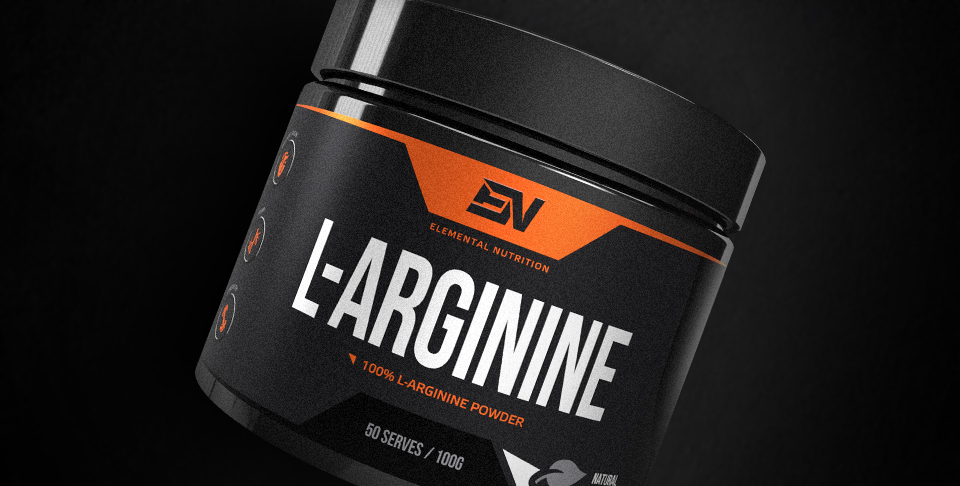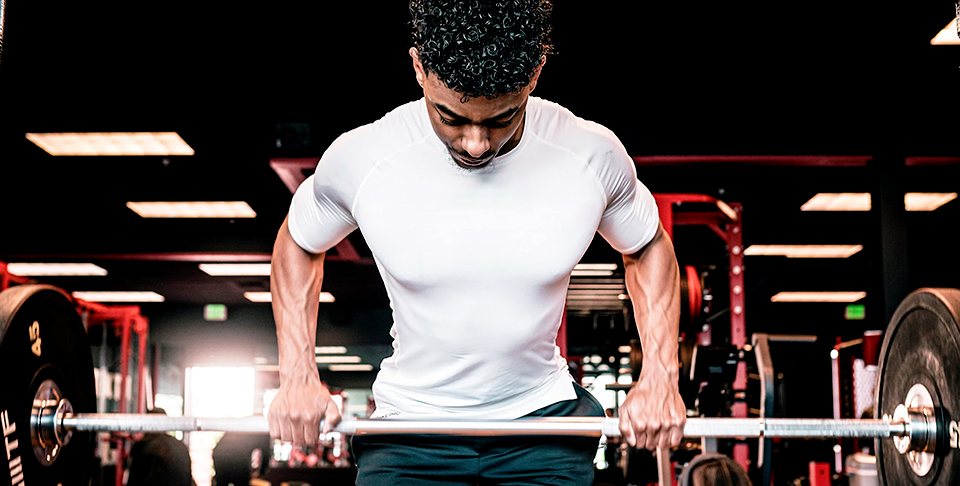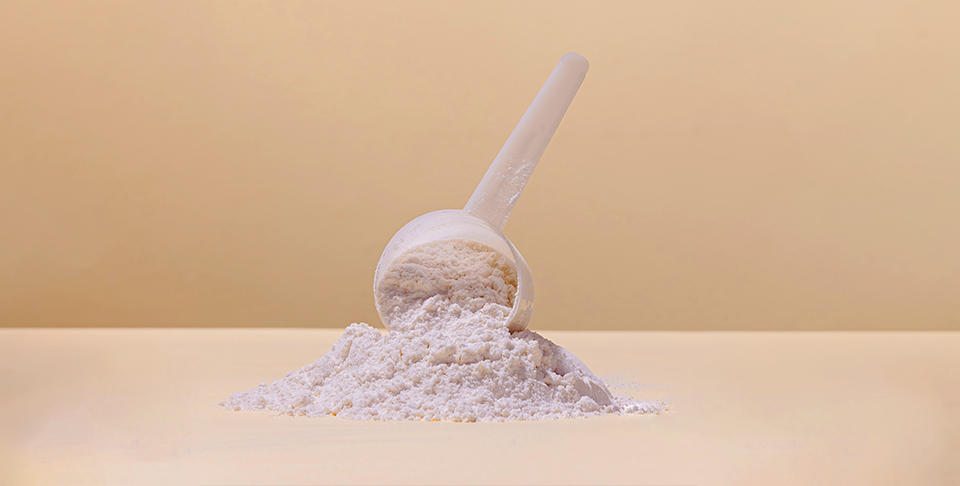Quick Summary
- Arginine is a semi-essential amino acid with roles in athletic performance, hormonal balance, & sexual health
- The body can produce arginine, but external supplementation may be necessary under certain conditions
- Arginine-rich dietary sources include poultry, fish, red meat, lentils, chickpeas, whole wheat, & nuts
- Athletes value arginine for its role in nitric oxide production, which aids vasodilation & the muscle "pump"
- Arginine influences human growth hormone secretion, especially when combined with amino acids like ornithine & lysine
- For beginners in gym & weight training, arginine offers enhanced muscle growth & recovery benefits
- Arginine's role in nitric oxide production makes it beneficial for sexual health, especially for those with erectile dysfunction
- While arginine is generally safe, it's essential to follow recommended dosages
- Athletes typically take 2-6 grams of arginine about 30 minutes before workouts
- Stacking arginine with amino acids like citrulline, ornithine, & lysine can enhance benefits
Introduction
Amino acids are the unsung heroes of human biology. Among them, arginine (also known as l-arginine) stands out due to its multifaceted role in enhancing athletic performance, supporting hormonal balance, & promoting sexual health. Dive deep with us to uncover the significance of this semi-essential amino acid & how it can potentially impact various aspects of our health & well-being.
Nature of Arginine
Arginine is classified as a semi-essential or conditionally essential amino acid. This means that while the body can produce it, there are instances where external supplementation becomes necessary. Being a building block for protein synthesis, arginine plays pivotal roles in cell division, wound healing, immune function, & the release of hormones.
Dietary Sources of Arginine
Our bodies do produce arginine, but certain conditions & demands, especially during intense physical activity, may necessitate an additional dietary intake. Rich animal sources include poultry, fish, & red meat.
For vegetarians or those seeking plant-based sources, arginine can be abundant in lentils, chickpeas, whole wheat, oats, nuts, & seeds. With such a wide array of sources available, ensuring a consistent intake for those in need becomes manageable.
Arginine & Athletic Performance
One of the biggest draws for athletes & bodybuilders to arginine is its connection to nitric oxide production. Nitric oxide is responsible for vasodilation, the widening of blood vessels. For the fitness enthusiast, this translates to the sought-after muscle "pump", where muscles not only appear fuller but also receive a heightened blood supply, potentially boosting endurance.
Popular supplements like Elemental Nutrition L-Arginine, widely available in Australia, have become go-to choices for athletes aiming to capitalize on these potential benefits. Furthermore, research has often linked arginine supplementation to increased endurance & strength, although individual results can vary.
Arginine's Role in Hormonal Balance
Arginine doesn’t just stop at enhancing physical performance. Its influence on human growth hormone secretion has been a topic of interest for both the athletic & scientific communities. When combined with amino acids like ornithine & lysine, the efficacy of arginine in promoting hormone secretion sees a significant boost.
This synergy is particularly noteworthy for amateurs or those new to fitness regimes, as it may offer enhanced muscle growth & recovery benefits.
Sexual Health & Arginine
Moving beyond muscles and hormones, arginine has shown promising results in the domain of sexual health. The logic is straightforward: nitric oxide plays a critical role in penile erection by facilitating blood vessel dilation. As arginine boosts nitric oxide production, it's been theorized & subsequently observed that it can serve as a natural aid for those with erectile dysfunction.
When arginine is paired with pycnogenols, a type of plant extract (known commonly as pine bark extract), the duo appears to amplify the benefits. This combination, although needing further research, holds the promise of potentially revolutionising natural treatments for erectile dysfunction.
Arginine: Safety & Side Effects
As with any supplement, safety is paramount. Fortunately, arginine, being a natural component of our diet, is generally well-tolerated. Most individuals can safely incorporate it into their regimes without adverse effects. However, as is the case with any supplement, it's crucial to adhere to recommended dosages and be alert to any unusual body responses.
Always consult with a healthcare professional before beginning any supplementation, especially if you're pregnant, nursing, or have pre-existing health conditions.
Arginine Dosage & Supplementation
While individual needs can vary, for enhancing athletic performance, dosages often range from 2-6 grams taken about 30 minutes before a workout. When targeting sexual health, consistency & a prolonged intake is more critical than immediate pre-activity timing.
Arginine supplements, such as Elemental Nutrition L-Arginine powder, make achieving these dosages easy & convenient. For those looking to maximise benefits, considering "stacking" (combining) arginine with complementary supplements, like citrulline, ornithine & lysine can further optimize results.
L-Arginine FAQs
- What's the l-arginine dosage per day for bodybuilding? For bodybuilding, the typical dosage of L-arginine ranges from 2-6 grams daily.
- What is the best time to take l-arginine for bodybuilding? The optimal time is about 30 minutes before your workout to maximize the nitric oxide boost and muscle "pump."
- How long does it take for l-arginine to work sexually? L-arginine can take several days to a few weeks of consistent usage to observe notable effects on sexual function.
- What is the best l-arginine dosage per day for ED? Dosages for erectile dysfunction (ED) typically range from 3-6 grams daily, we recommend consulting with a healthcare professional.
- L-arginine benefits for women? L-arginine can support hormone balance, improve blood flow, enhance wound healing, and potentially boost libido in women.
- Arginine vs. Citrulline? Both amino acids boost nitric oxide. Arginine works directly, while citrulline is converted into arginine in the body, offering a more sustained release. For further information please refer to our article Arginine vs Citrulline.
- Taking arginine & lysine together? Combining these amino acids can enhance the secretion of human growth hormone. This combination may be found in popular growth hormone boosters.
- Is l-arginine good for muscle growth? Yes, L-arginine promotes nitric oxide production, which can support muscle growth, increased blood flow, & nutrient delivery.
- Is arginine good for weight loss? While not a direct weight loss agent, arginine can support metabolism & muscle growth, which can indirectly assist in weight management.
- What other amino acids should I take with l-arginine? Ornithine, lysine, & citrulline are popular amino acids often paired with l-arginine for enhanced benefits.
Conclusion
Arginine is not just another amino acid. Its potential roles in athletic performance, hormone balance, & sexual health make it a standout star in the world of dietary supplementation. As with all health decisions, it's essential to remain informed, prioritise safety, & consult professionals as needed.
With these principles in mind, arginine could very well be the missing piece in your quest for enhanced health & performance.
References
Butterfield (1999), Amino acids and high protein diets. In Lamb DR, Williams MH (eds): Ergogenics: Enhancement of Performance in Exercise and Sports. Dubuque, IA, Brown and Benchmark, pp 87-122
Chen et al (2010), Arginine and antioxidant supplement on performance in elderly male cyclists: a randomized controlled trial. Journal of the International Society of Sports Nutrition, 7: 13
Elam et al (1989), Effects of arginine and ornithine on strength, lean body mass and urinary hydroxyproline in adult males. J Sports Med Phys Fitness, 29: 52-56.
Isidori et al (1981), A study of growth hormone release in man after oral administration of amino acids. Current Medical Research and Opinion, 7: 475-481
Paddon-Jones et al (2004), Potential Ergogenic Effects of Arginine and Creatine Supplementation. J. Nutr, 134: 2888S-2894S
MacKay (2004), Nutrients and botanicals for erectile dysfunction: examining the evidence. Altern Med Rev, 9: 4-16
Williams (1999), Facts and fallacies of purported ergogenic amino acid supplements. Clinics in Sports Medicine, 18: 633-649
Wu et al (2007), Pharmacokinetics and Safety of Arginine Supplementation in Animals. J Nutr. 137: 1673S-1680S



